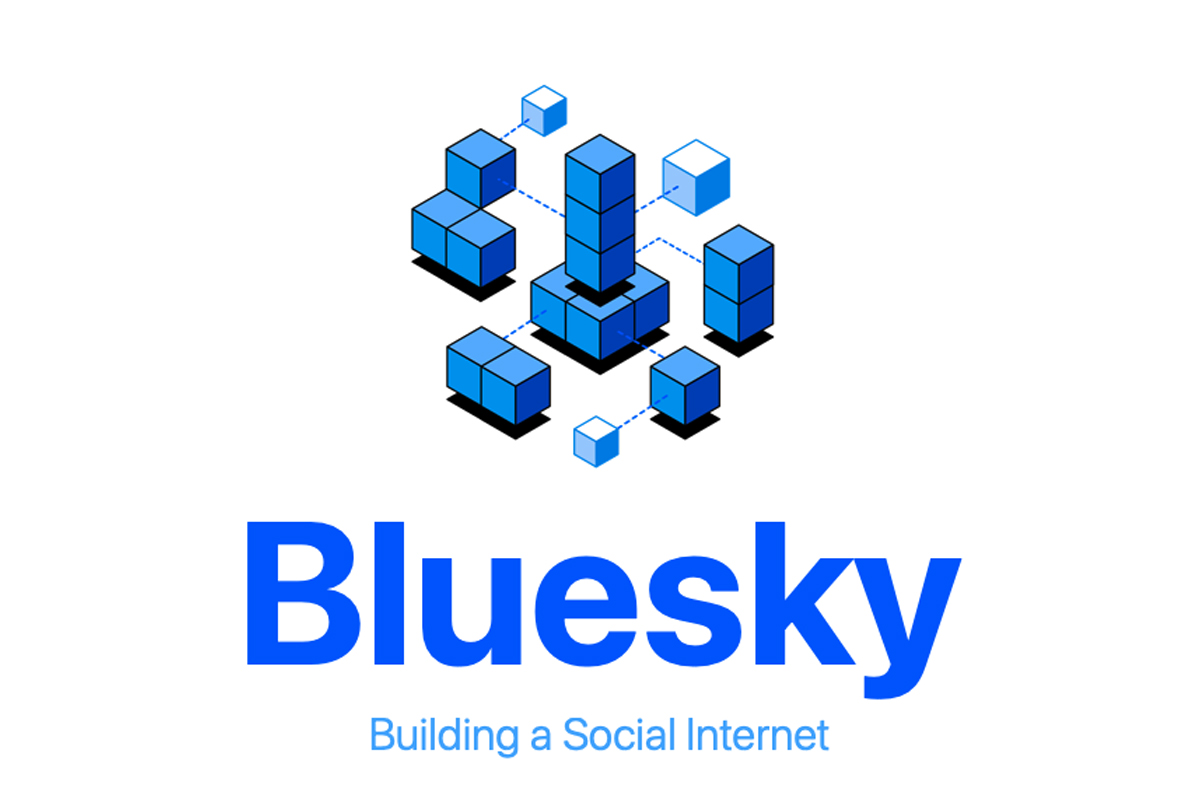 I am trying out Bluesky, the relatively new social media app.
I am trying out Bluesky, the relatively new social media app.
You can find me there at: @markgoldberg.bsky.social. Let me know if you are trying out a Twitter alternative.
What happened to Twitter? According to an article last week, Twitter has lost 90% of its value since being acquired by Elon Musk. “If X indeed proves a financial cataclysm, people are likely to forget the excuses, and examine the careening missteps from its mercurial sole proprietor.” I am certain there will be business school case studies written about the way $40 billion of value evaporated so rapidly through self-inflicted wounds.
“Move fast and break things” was an internal motto used by Facebook, as described in a 2009 Mark Zuckerberg interview with Henry Blodget for Business Insider. “Unless you are breaking stuff, you are not moving fast enough.”
But by 2014, another Business Insider interview had Facebook’s founder saying, “We’ve changed our internal motto from ‘Move fast and break things’ to ‘Move fast with stable infrastructure.'” Maybe Twitter’s owner Elon Musk missed that second part. (He has been very good at breaking things.)
“Move Fast and Break Things: How Facebook, Google, and Amazon Cornered Culture and Undermined Democracy” is the title of a 2017 book by Jonathan Taplin that might be worth revisiting.
From the introduction:
The astonishing and precipitous decline in revenue paid to content creators has nothing to do with the idea that people are listening to less music, reading less, or watching fewer movies and TV shows. In fact, all surveys point to the opposite – the top searched Google items are all about entertainment categories. It is not a coincidence that the rise of digital monopolies has led to the fall of content revenues. The two are inextricably linked.
The book helps to understand the motivation behind Canada’s Online Streaming Act and Online News Act. We can argue about whether these pieces of legislation followed the right approach. Indeed, Canadian policy makers, academics, and stakeholders are continuing to have those arguments.
Contrary to what techno-determinists want us to believe, inequality is not the inevitable byproduct of technology and globalization, or even the lopsided distribution of genius. It is a direct result of the fact that since the rise of the Internet, policy makers have acted as if the rules that apply to the rest of the economy do not apply to Internet monopolies. Taxes, antitrust regulation, intellectual property law – all are ignored in regulating the Internet industries.
I have been writing about “Taming the Internet” since the earliest days of this blog. Remember John Perry Barlow’s “Declaration of the Independence of Cyberspace”?
Just a couple years ago, I wrote “Taming the World Wild Web”, concluding, “It’s no longer a question of whether the World Wild Web can be tamed. The key question is how.”
How do we regulate internet content without infringing freedoms of expression?
Canada seems determined to chart its own path. We will track those legislative initiatives as Parliament resumes next week. But, how does Canadian regulatory action fit within a global context? Last Friday, an US appeals court ruled “that the Biden administration most likely overstepped the First Amendment by urging the major social media platforms to remove misleading or false content about the Covid-19 pandemic”.
You can find me exploring those issues and more on these platforms:
- as markgoldberg2 on LinkedIn;
- as mark_goldberg on Twitter (X);
- as markgoldberg.bsky.social on Bluesky.
I once wrote “Twitter is like Coffee Crisp”:
Twitter makes a nice light snack but it is no replacement for a complete and balanced dinner. Of course, we don’t always have time for a multi-course balanced spread, but I have to think that a diet comprised solely of junk food will catch up to you in time.
For your more complete telecom dining experience, pass up the social media snacking, and bookmark this site.
